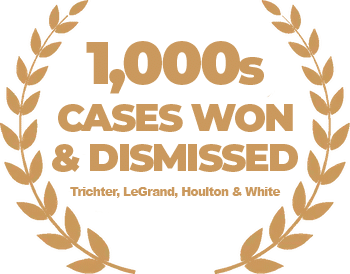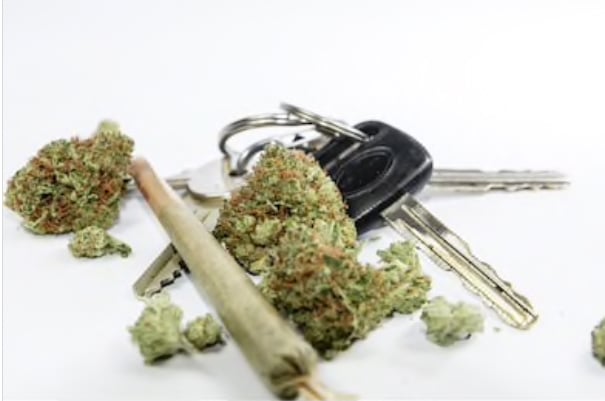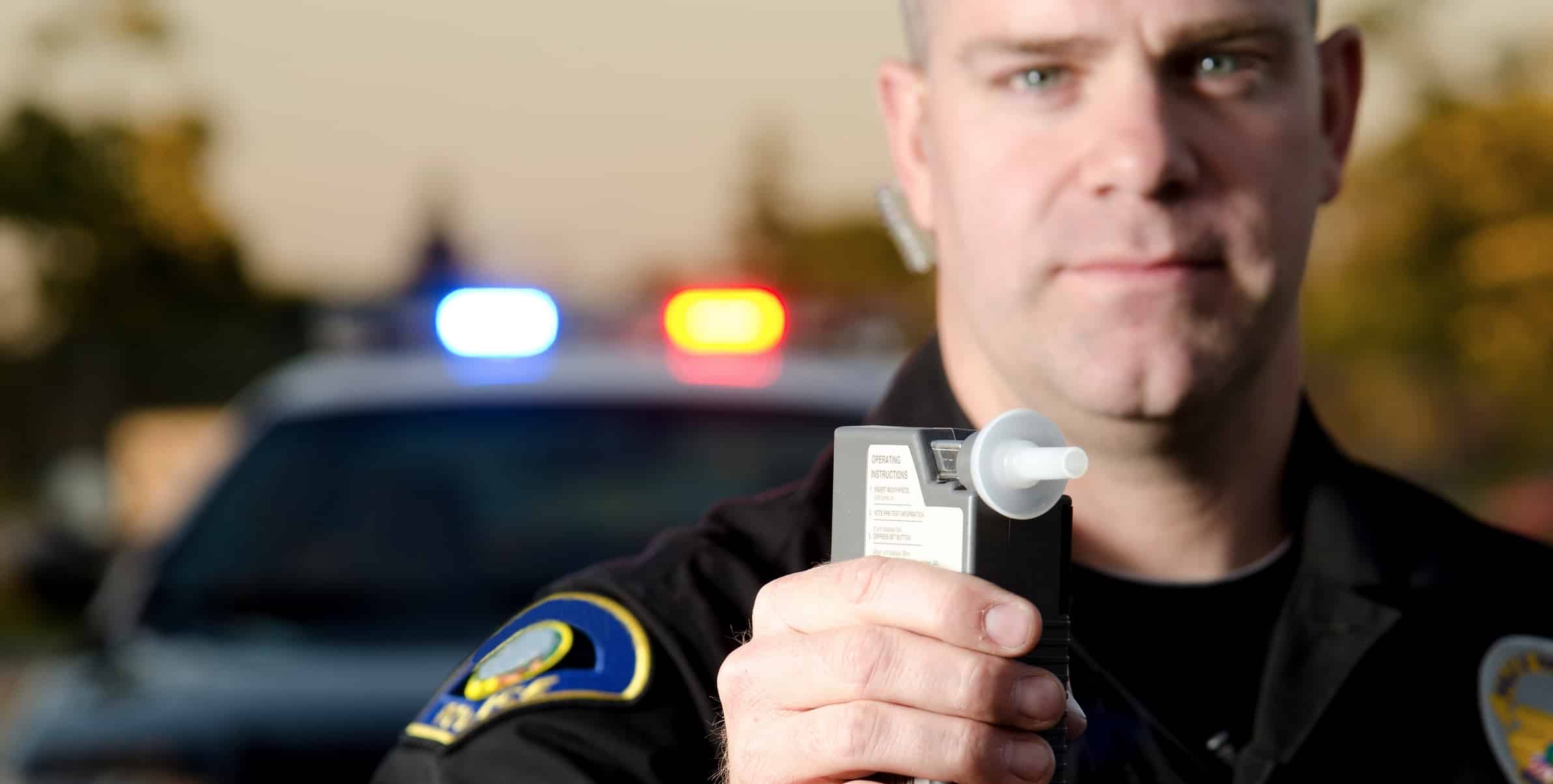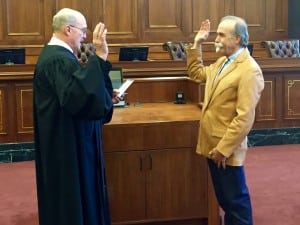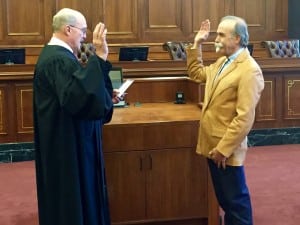HOUSTON NO REFUSAL WEEKENDS: WHAT YOU NEED TO KNOW
No Refusal Weekends are when officers pull you over for suspected driving under the influence of alcohol, and you can not refuse to take a field sobriety or breathalyzer test.
Normally, if pulled over for suspected driving under the influence, you may refuse a test and the officer will have to get a warrant from a judge to perform the test.
No Refusal Weekends are especially popular during holidays such as St. Patrick’s Day, Memorial Day, Independence Day, Labor Day and New Year’s Eve.
The Independence Day Weekend in 2015, there were 23 arrests in Fort Bend County alone during a Houston No Refusal Weekend from Friday, July 3rd until Saturday night, July 4th.
These efforts are “successful” because they bring together all divisions of law enforcement including Department of Public Safety, county constables, sheriff’s departments and local city police.
Houston No Refusal Weekends are Easy Money
The truth is, DWI No Refusal Weekends make it easy for law enforcement to get evidence that can convict you whether you’ve done anything wrong or not.
As criminal defense attorneys specializing in DWI, we know there are problems with the law enforcement administered testing. A lot of problems.
A Breath of Un-fresh Air
First, let’s look at the breath test. These are the most convenient for law enforcement to administer, but one of the most inaccurate.
They receive air from the lungs and test it for alcohol saturation.
This evidence is, by nature, the most unreliable evidence from a scientific standpoint because the lungs are not where breath alcohol comes from.
Breath alcohol comes from the entire air system throughout your body–not just the lungs.
This fundamental flaw makes the breath test completely inaccurate.
In addition, the samples saved during breath testing in Texas, aren’t preserved so that the test can be validated later.
The Blood Sport of Houston No Refusal Weekends
Second, blood testing, which is thought by many forensic scientists to be the most accurate and reliable means of determining alcohol concentration, is more difficult for police to obtain and analyze.
From a law enforcement standpoint, the blood test is the least desirable and least convenient method.
However, unlike breath testing, blood testing allows the person who has been arrested the opportunity to re-check the sample at a later time.
The Holidays are coming and that means No-Refusal Weekends.
If you’re going to a party or hosting one, read Our No-Refusal Weekend Survival Guide.
TELL US ABOUT YOUR CASE
Form Submissions have a fast response time. Request your free consultation to discuss your case with one of our attorneys over the phone. The use of this form does not establish an attorney-client relationship.
The information on this website is for general information purposes only. Nothing on this site should be taken as legal advice for any individual case or situation. This information is not intended to create, and receipt or viewing does not constitute, an attorney-client relationship.

